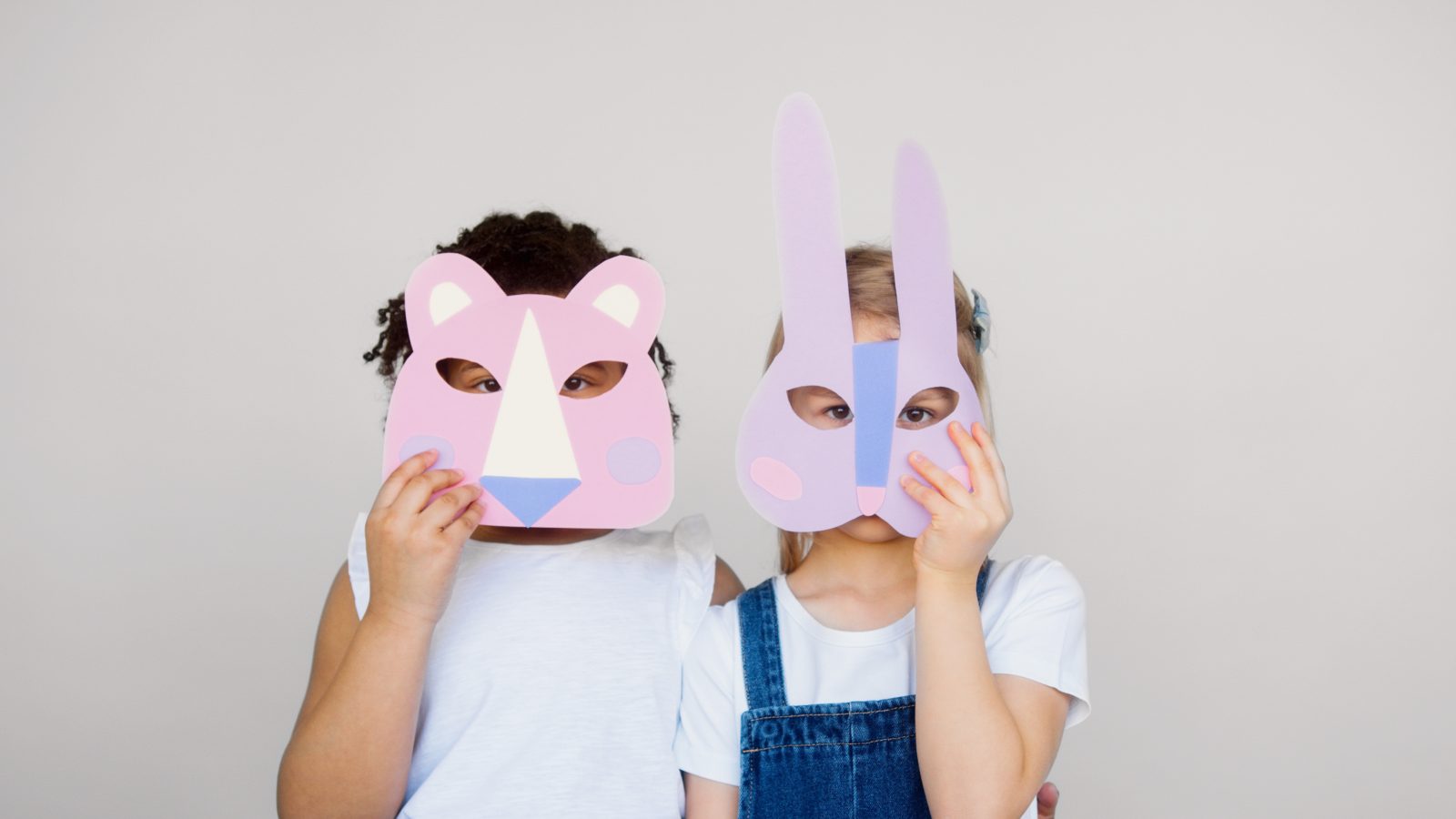Even a year after the COVID-19 pandemic, children have not fully recovered from the effects of lockdowns. And new crises have not helped their mental health. The impacts are even more apparent now, and educational-psychological counseling centers are still overwhelmed.
According to special educator Jitka Svátková from the Association of Workers of Educational-Psychological Counseling, children of preschool age face great difficulties. Their attendance in kindergartens was complicated after lockdowns and quarantines because they were not sufficiently immune to common childhood illnesses. Hence, they had a lot of absences when they returned to kindergarten. And there are also problems with the availability of speech therapy. It was mostly banned for them during the pandemic, and now speech therapists are overwhelmed.
“And then, teenagers have big problems accompanied by hormonal changes. It all means great pressure when added to the return to school and the need to catch up with the curriculum. Children who would normally cope with some common anxiety have shown an increased level of it and need more care,” Svátková explained.
Lenka Felcmanová, the head of the SOFA organization, which focuses on mental health, coping with difficult children’s behavior, and inclusion in education, also confirms her words.
“Nothing has stopped. The situation for children with difficulties and mental health is still not improving. Problems with attention, hyperactivity, impulsivity, and aggressiveness have not been solved,” she said. And in many cases, they escalate. “Sometimes it goes to extremes when social phobias emerge, and the child is not even able to enter the school’s premises,” she described.
According to her, the main problem is the unavailability of specialized care. Some schools that have school psychologists can handle and stabilize the child’s complex state. But there is also a shortage of school psychologists. For example, even five schools often share one specialist who attends school for one or two hours a week.
“It is also related to the situation in families. An energy crisis followed the pandemic, and it was uncomfortable for many families in recent months. Tension is growing, and violence is increasing. The pressures then manifest in children,” Felcmanová said.
She also admitted that schools and counseling centers must deal with small children who started school after the pandemic and were unprepared for attendance.
“If the parent could not devote enough time to the children during their absence from kindergarten, for example, to work on worksheets with them, new students could not distinguish shapes properly or handle graphomotor skills well. It had to be caught up in the last school year, and it will not be much better this year,” she added.
The pandemic has had a profound impact on children’s mental health, and it is not going away soon. Counseling centers and schools need to be better equipped to handle the challenges that lie ahead. It is time for society to focus on the well-being of our children and provide them with the necessary support to overcome these difficult times.





